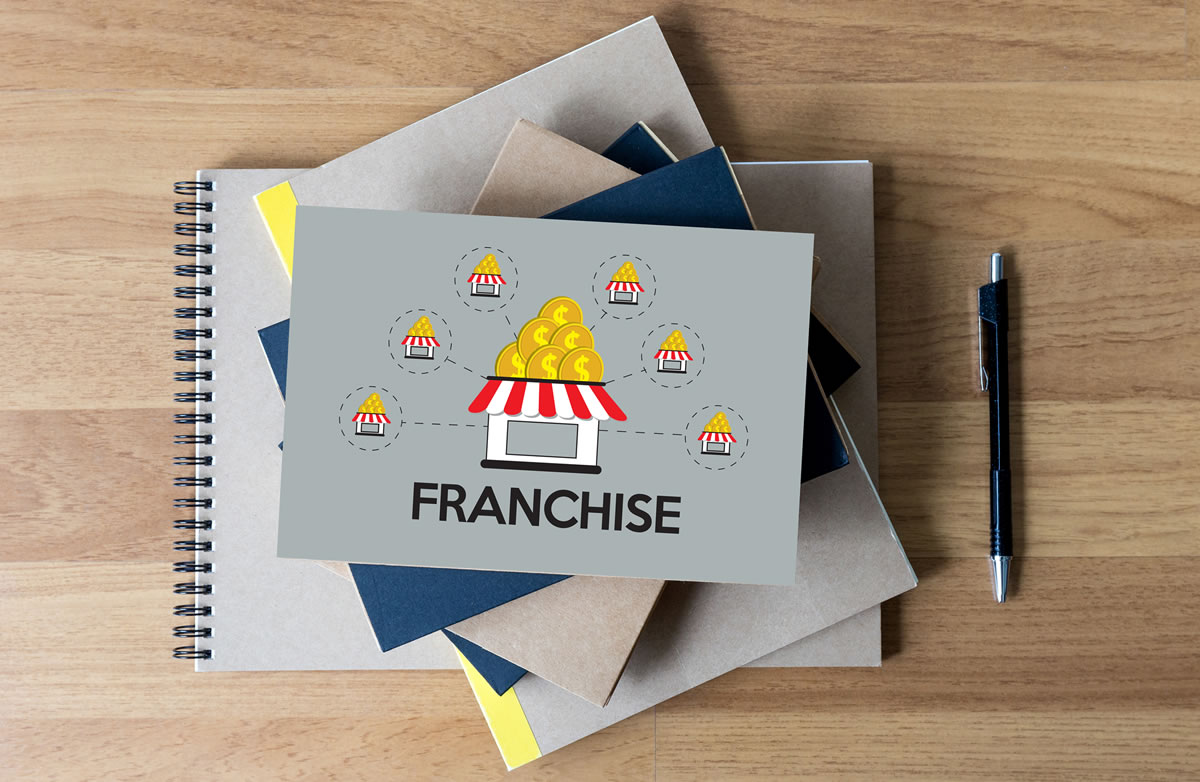
Franchise Business Plan
One of the most important exercises to go through in the startup of any business is the creation of a business plan, and this is just as true with franchised businesses as with any other. The discipline of preparing the business plan forces you to anticipate and think through a number of questions about the challenges you’ll face and the expectations you have for your new business. The creation of your business plan is also essential if you need financing from any third-party source, since this is probably the first document any such financing source will ask you for.
In a franchise business, you’ll probably find that the preparation of the business plan is substantially easier than for any other type of independent business startup. The franchisor typically has a great deal of verbiage readily available to include in the narrative portions of the business plan, and also includes much of the financial information you’ll need in the Franchise Disclosure Document (FDD) disclosure document.
To read more about Franchise Disclosure Document (FDD) click here
One of the most important exercises to go through in the startup of any business is the creation of a business plan!!
By way of background, there are a number of sections included in a typical business plan, whether franchise or other. The main sections include:
1. Introduction
A complete description of the business, including an identification of the product or service involved, the size and competitive nature of the market for the business, a description of the operational approach used to take the business to market, and the challenges and risks associated with the business startup.
2. Management
A description of the key management roles in the new business, including naming the persons who will fill the roles and providing background information on these people, such as resumes stressing prior experience relevant to success in the new business.
3. Marketing
Explanation of how you’re going to attract customers for the new business. This includes an explanation of the competitive advantages the new business would enjoy, an examination of the value equation related to the product or service as it relates to potential customers and, of course, detailed marketing and advertising plans for the business.
4. Pro Forma Financial Projections
Income statements, cash flow statements and balance sheets that project the anticipated financial performance of the business when it begins operation. The statements should include extensive notes concerning all material assumptions used to prepare the projections. These projections should always be prepared on a very conservative basis, since it’s not possible to project the unexpected delays or challenges that always seem to happen on any new business startup.
5. Financing Needs
Regardless of the source of funding for the new business (even if all funding is coming from your savings), you should always prepare a section of the business plan related to financing needs. This section involves a complete analysis of all startup costs related to the new business, including sufficient working capital to cover initial marketing plans and operating losses until the projected breakeven point for the business. The process of carefully detailing this information, even if you’re not borrowing anything from an outside source, will better prepare you for whatever might happen as you get the business set up and operating.

Again, one of the advantages of a franchise business, in relation to creating a business plan, is that most of this information is readily available from the franchise company. You’ll usually find that the franchise company’s brochure or website contains sufficient information to complete much of the narrative called for in sections 1 and 3 above. You’ll also find that the FDD contains much of the information to complete section 5 above and, if the franchisor publishes an earnings claim in the FDD, you may be well on your way to completing section 4 above as well.
Sometimes franchise companies require prospective franchisees to begin work and/or substantially complete their business plans prior to being approved as new franchisees in the system. Whether the company requires this or not, it’s not a bad idea. The process of actually creating a business plan will force you to consider options and formalize your projected course of action in the new business. You’ll typically identify a number of questions during this process that you can refer to the franchise company to make sure you have a clear understanding of the franchise startup prior to making a final decision to proceed with the franchise.
As a final note on this process, keep in mind that your business plan must be updated and fully finalized after completing the franchisor’s initial training for new franchisees. Regardless of how much research you do prior to becoming a new franchisee, you will almost certainly have a far greater understanding of factors like operational and marketing plans for the business after completing initial training. Most franchisors will also have pro forma financial models prepared that you can use to double check, or even replace, the ones you initially developed for the financial projection section of your business plan. Take the time after completing initial training to carefully review your entire business plan based on your new knowledge, and you’ll be as prepared as possible for your new franchise business to be off and running successfully.
Author: Safwan Ul Amin (Business Sales Director)
I have over 20 years experience in various business industries. Contact me on 02037332315 or [email protected] if you are thinking about buying or selling a business via our platform.
Sorry, the comment form is closed at this time.



